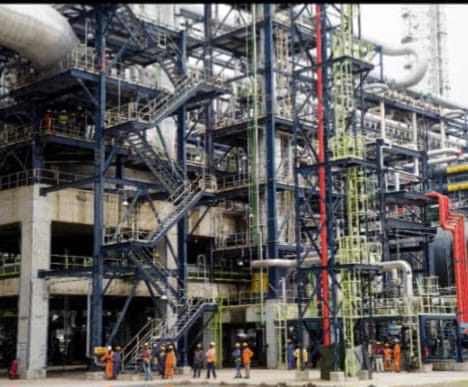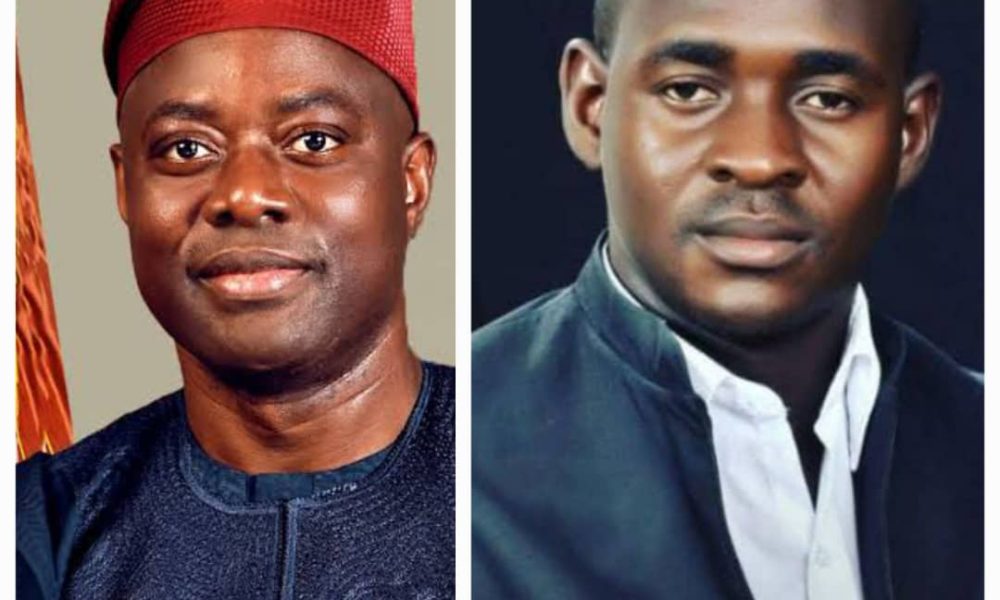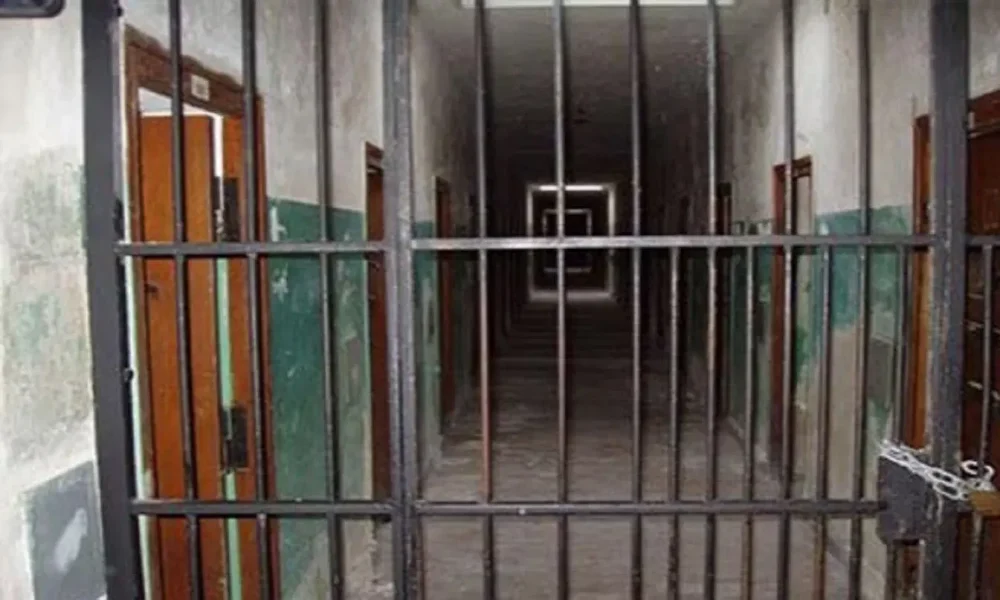By Bayo Adeleke
There is no doubt that the current crisis between Dangote Refinery and NUPENG is a battle for the fragile soul of Nigeria, especially in the oil and gas sector.
Many reports , opinions, and write-ups have been going on in the media.
However, a recent recent diatribe report in one of the online platforms titled, ‘The Coming Death of NUPENG,’ is not journalism, rather it is a poorly constructed hit piece, a symphony of slander orchestrated by the very corporate interests seeking to strip Nigerian workers of their fundamental human rights.
In the report, rather than address the substantive issue such as the brazen anti-union crusade at the Dangote Refinery, the writer chooses to vomit a litany of unsubstantiated allegations, recycled propaganda, and fictional accounting. All designed to deflect from the real crime; the systemic suppression of worker representation by Africa’s richest man.
The union is actively defending workers’ rights, insisting that employees must be free to organise and collectively bargain without coercion or restriction. Why should this be a problem
Let us be unequivocally clear. The core issue the writer so conveniently ignores is the inalienable right of every worker to freedom of association and collective bargaining.
This is not a NUPENG invention. It is a cornerstone of the International Labour Organization (ILO) and a fundamental human right recognized globally.
The Dangote Refinery’s refusal to allow unionization is a direct attack on this right, creating an environment where workers can be and have been arbitrarily sacked for merely seeking a collective voice. The writer’s silence on this tyranny speaks volumes about his true patrons.
The article is a masterclass in deception. He parades disgraced, former union officials like Lucky Osesua, Humble Obinna, and Dayyabu Garga—individuals facing serious criminal charges, including attempted murder, for their violent attempts to hijack a branch of the union—as “reformers.”
This information can be readily confirmed through the charge sheet records of the High Court of the Federal Capital Territory, Abuja Judicial Division, where the individuals in question are listed as defendants 1, 2, and 3 respectively.
This is not a revelation of NUPENG’s flaws. Rather, it is a confession of the writer’s allegiance. These are the paid puppets of a conglomerate desperate to balkanize the workforce and impose a company-sponsored association, a classic union-busting tactic condemned by the ILO.
The writer is not a voice for the drivers. Rather, he is a megaphone for a divide-and-rule strategy.
The financial figures the writer and co concocts and bandy around are not just exaggerated; they are a fantasy, designed to incite public anger against the union instead of the real profiteers.
His claim that NUPENG “slaps a tax” on every litre of fuel is arithmetical nonsense and a deliberate misrepresentation of logistics fees negotiated with stakeholders for union services
Does the writer expect these vital services, advocacy, dispute resolution, welfare support, administration—to be run on charity? Unlike the opaque accounting of the corporations he defends, NUPENG operates within a structured framework. If the writer has evidence of financial malfeasance, let him present it to the authorities instead of hiding behind sensationalist journalism.
For the records, there are numerous Trade Unions and Associations operating within the Petroleum depots, each with distinct roles and responsibilities toward their members.
PTD-NUPENG commands significant influence and respect, an authority that, understandably, unsettles some people.
For instance:
1. PTD-NUPENG is a Trade Union whose members are employees of truck owners. These members pay union dues to NUPENG, and the funds collected are allocated to the following:
• Quarterly safety training across all zones, conducted in collaboration with FRSC, Police, Fire Service, State VIO, and other traffic enforcement agencies. These trainings are essential and come at a considerable cost.
• Health Insurance (HMO) coverage for tanker drivers. Since no employer provides health insurance for these drivers, who spend long hours transporting highly inflammable materials, NUPENG believes that a sick truck driver is an accident waiting to happen. To mitigate this risk, the Union partnered with Leadway Health Insurance to provide coverage for every petroleum tanker driver on the wheel.
• Security funding for highways- The Union consistently mobilize security agencies to protect against truck hijackers, kidnappers, and criminal elements in certain communities. These services are not rendered for free.
• Union dues – which support the administrative and operational functions of the union itself.
2. The Association of Truck Owners also collects fees from its members, who are the actual owners of the trucks each time they load at the depots.
3. Independent Marketers, represented by IPMAN, have employees who are also members of NUPENG. These employees pay union dues to NUPENG, while IPMAN members contribute dues to their own association.
4. The Major Marketers Association similarly has employees who belong to NUPENG, alongside their own association members.
The greatest insult, however, is the author’s pathetic portrayal of the tanker driver as a helpless victim of NUPENG. It is the exact opposite. Without NUPENG, the tanker driver is isolated, vulnerable, and at the mercy of multinational corporations and exploitative depot owners. It is NUPENG that fights for their safety on death-trap highways, it is NUPENG that negotiates their compensation, and it is NUPENG that gives them a collective power they would never have as individuals.
The luxurious lifestyle author attributes to NUPENG leaders is a tired and desperate attempt to distract from the fact that it is profit driven capitalist like Dangote and his ilk who truly travel by private jet, built on the silent, un-unionized sweat of their employees.
The threat to Nigeria’s economy does not come from a union fighting for its members’ rights. The threat comes from a corporate monopoly that believes its wealth places it above the law and beyond the rights of its workforce. The Dangote Refinery, a project of national importance, must not become a sweatshop where Nigerian labour rights go to die.
NUPENG should not be intimidated by the various paid articles or the bullying tactics of a billionaire. Their mandate should be sacred to defend the Nigerian oil and gas worker. They should stand on the right side of history, on the side of human rights and dignity for labour which they were known for. The coming storm the write predicts is not for NUPENG, it is a gathering whirlwind of justice that will sweep away the anti-worker posture at Dangote and expose the hired pens who defend the indefensible.
The truth and victory will surely emerge at the end.
The struggle continues…






